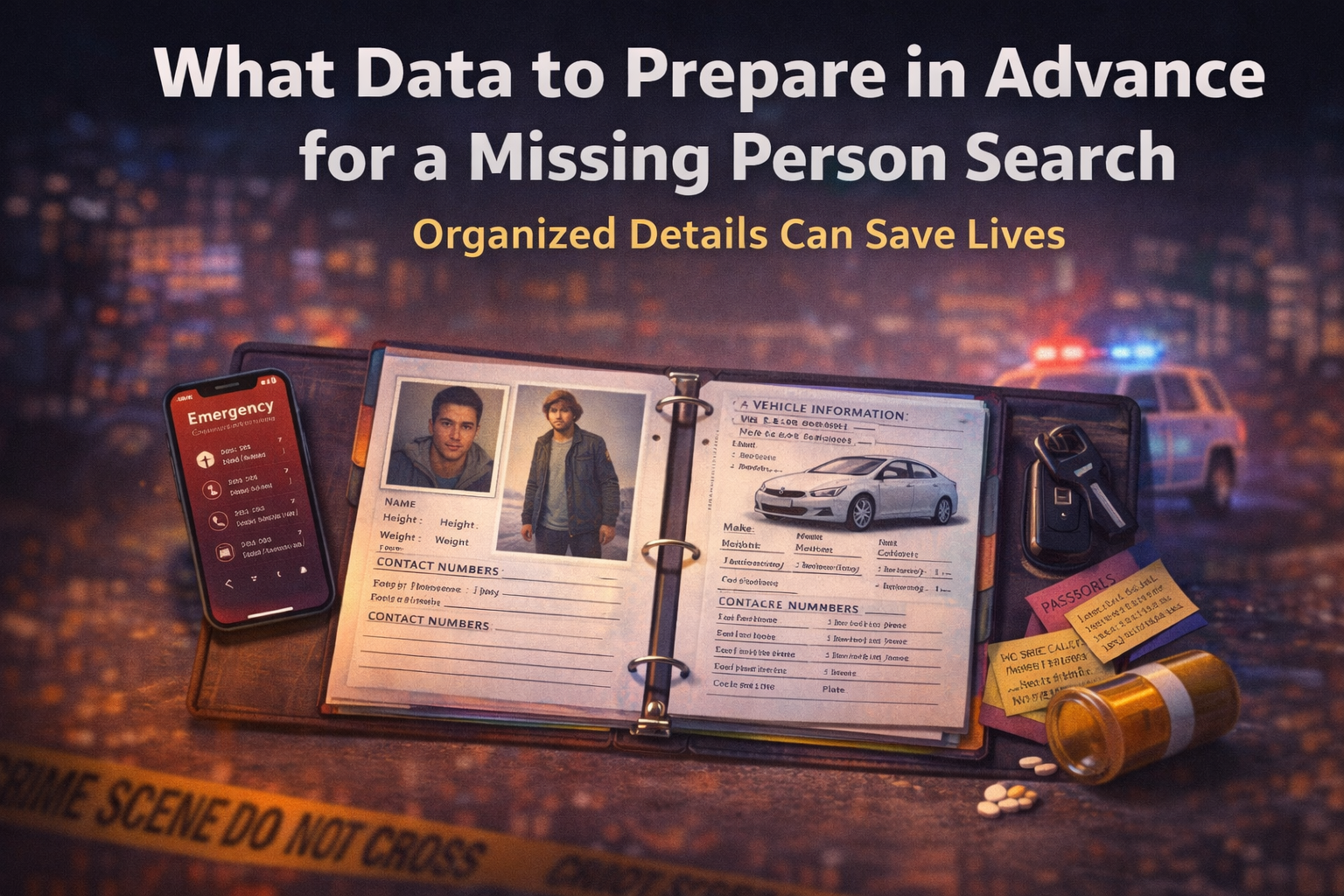Human Trafficking in Philadelphia: A Serious Challenge

Human trafficking in Philadelphia, affecting vulnerable populations across the city. Despite growing awareness and efforts to combat this crime, traffickers continue to exploit individuals for labor and sexual services. Human trafficking remains a serious issue that affects countless individuals worldwide.
The Extent of Human Trafficking in Philadelphia
Philadelphia’s location as a major urban hub, with access to highways, transportation networks, and international borders, increases its vulnerability to human trafficking. According to the National Human Trafficking Hotline, Pennsylvania received over 190 reports of human trafficking in 2022. A substantial portion of these cases came from Philadelphia, making it one of the state’s most affected areas. Traffickers exploit the city’s size and transient population, often targeting people who are harder to identify and assist.
Who Are the Victims?
Human traffickers frequently prey on vulnerable populations in Philadelphia. This includes runaway youth, homeless individuals, immigrants, and those with unstable living conditions. A 2020 study by Covenant House Pennsylvania found that nearly one in five homeless youths in Philadelphia had been trafficked for labor or sexual exploitation. Many victims face threats, manipulation, or violence, which keeps them trapped in these conditions.
Victims of human trafficking in Philadelphia often experience long-lasting physical, emotional, and psychological trauma. Young girls and women are particularly vulnerable to sex trafficking, while men and boys are frequently exploited for labor. The lack of awareness and fear of retaliation make it difficult for victims to seek help.
The Role of Law Enforcement
Law enforcement agencies in Philadelphia are working to address the human trafficking problem. In 2021, a coordinated statewide effort led to 70 arrests related to trafficking operations in Pennsylvania, including several in Philadelphia. Local police continue to collaborate with federal agencies to investigate trafficking networks and shut them down. However, many cases go unreported due to victims’ fear or lack of access to resources, which limits the reach of law enforcement.
Philadelphia has also adopted new laws and policies aimed at punishing traffickers more severely and protecting victims. Yet, despite these efforts, challenges remain in detecting and stopping trafficking operations before they cause lasting harm to victims.
Resources and Support for Trafficking Victims
Several organizations in Philadelphia provide critical services for trafficking victims. “Dawn’s Place” offers safe housing and rehabilitation programs to women who have escaped trafficking situations. Other non-profits, such as “The Salvation Army’s New Day Drop-In Center,” provide medical assistance, counseling, and legal support for victims of trafficking.
These organizations work closely with law enforcement to create safe spaces for survivors, helping them rebuild their lives and reintegrate into society. The National Human Trafficking Hotline also offers a confidential reporting service for victims or witnesses of trafficking in Philadelphia. Despite these efforts, more resources are needed to support the growing number of victims.
Raising Awareness and Taking Action
Community awareness plays a vital role in fighting human trafficking in Philadelphia. Local advocacy groups regularly organize events to educate the public about trafficking risks and encourage residents to report suspicious activities. Increased public knowledge can help detect trafficking operations and save victims before they fall deeper into exploitation.
Philadelphia schools, healthcare providers, and community organizations are also working to educate frontline professionals to better identify potential trafficking victims. With more individuals trained to recognize signs of trafficking, Philadelphia can increase its ability to respond to and prevent these crimes.
Conclusion
Human trafficking in Philadelphia is a complex issue that affects vulnerable individuals in various ways. Although law enforcement and non-profit organizations are making progress, more needs to be done. Stronger community involvement, better education, and expanded support systems are essential for fighting this ongoing problem.
The fight against human trafficking in Philadelphia must continue with urgency and dedication, focusing on both prevention and protection for victims.
Sources:
- National Human Trafficking Hotline, 2022 Report. https://humantraffickinghotline.org
- Covenant House Pennsylvania, 2020 Study on Youth Homelessness. https://covenanthousepa.org
- Pennsylvania Office of the Attorney General, 2021 Trafficking Arrests. https://www.attorneygeneral.gov






